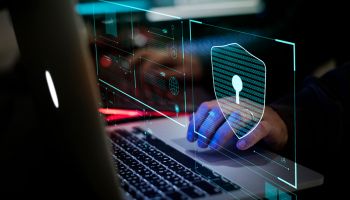Google has announced FIDO2 certification for devices running on Android 7 and above – meaning that users can use biometrics, fingerprint login or PINs instead of passwords.
Half of all Android users can now log into apps and websites on their devices – without having to remember a cumbersome password.
On Monday, Google and the Fast IDentity Online (FIDO) Alliance announced that devices running Android 7 or later are certified by the FIDO2 standard, meaning that users can forego using passwords and instead use their fingerprint or a PIN to log into browsers or apps on their devices.




